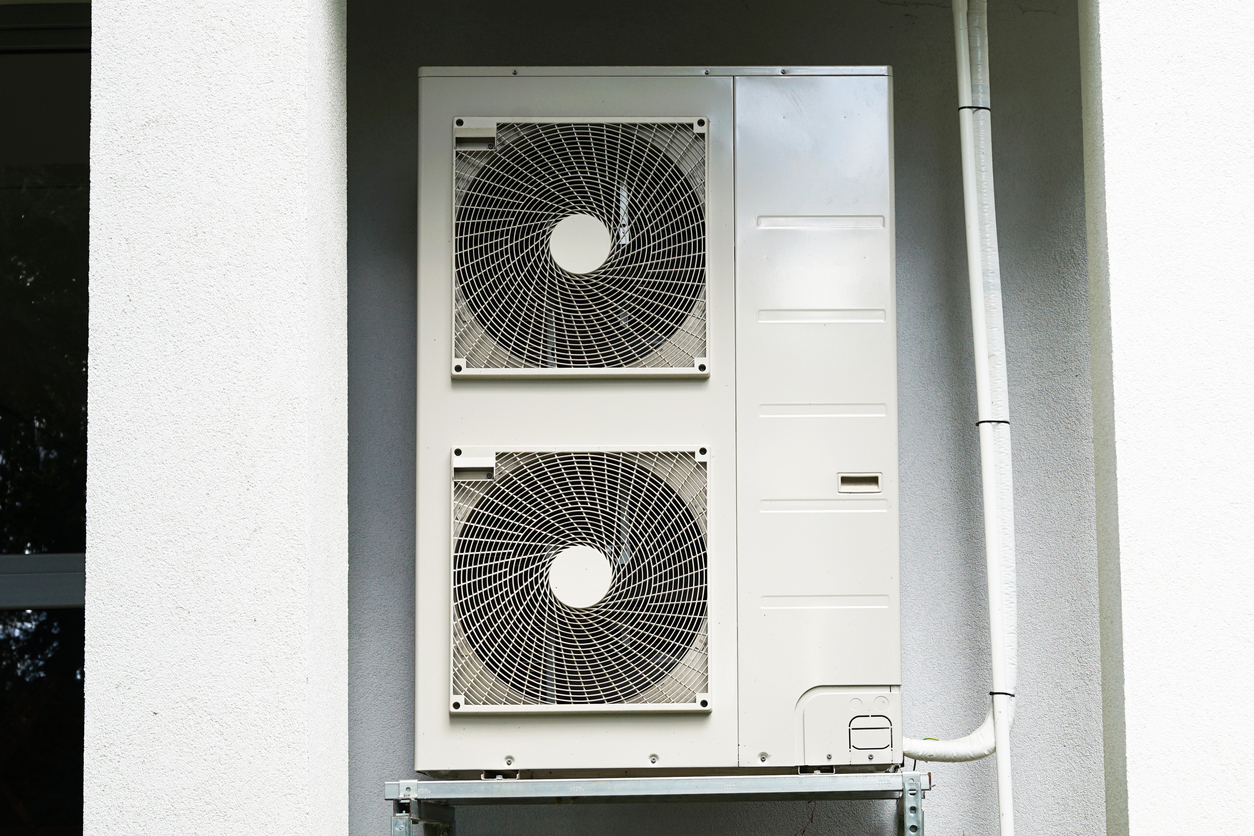How long does a water heater last
Your water heater is an essential appliance in your home that delivers comfort and convenience in an instant whenever you need it. But have you ever wondered how long this necessary device can last before it needs to be replaced? In this article, we'll look at the lifespan of water heaters and the variables that can affect their longevity. We'll reveal the methods needed to optimize the longevity of your water heater and ensure you have an uninterrupted supply of hot water for years to come.
So, if you want to learn more about water heaters and how long they can last, keep reading!
How do you know when the hot water heater needs to be replaced?
Recognizing when to replace the water heater in your home is critical for avoiding unexpected breakdowns and ensuring a constant supply of hot water throughout the year at a moment’s notice. Here are some indicators that it may be time to replace your water heater:
· Age of the Water Heater: One of the most important factors is the age of the water heater. If your water heater is approaching or exceeding its expected service life (typically 10 to 15 years for conventional models and 15 to 20 years for tankless models), it may be more cost-effective in the long run to replace it rather than deal with the risk of having it break down regularly.
· Rusty Water: If you observe rust-coloured water flowing from your hot water faucets, this could be an indication of oxidation inside the tank. Rusty water is an indication that the water heater has begun to deteriorate and will soon leak out and cause water damage.
· Strange Noises: Sounds like popping or banging coming from the water heater indicate the accumulation of sediment inside the reservoir. This buildup may decrease efficiency and, in the long run, cause damage.
· Inadequate Hot Water: If the water heater in your home is no longer providing sufficient hot water to meet the needs of you and your family, or if the hot water runs rapidly, it is possible that the unit is having trouble keeping up due to wear or failing parts.
· Inconsistent Water Temperature: If the water temperature varies significantly, it may indicate an issue with the thermostat or heating element.
· High Utility Bills: An unexpected rise in energy bills without any change in consumption habits may indicate decreased efficiency, which can be an indication that your water heater has come to the end of its life.
· Frequent Repairs: If your hot water heater requires regular service and the expense of maintenance becomes excessive, it may be more cost-effective to invest in a new, dependable unit.
Can a water heater last 20 years?
Yes, with regular upkeep and maintenance, a water heater can last up to 20 years. A water heater's life expectancy can vary depending on a number of variables, including the kind of water heater, the durability of the unit, the amount of maintenance it is given, and the water quality in the area.
Here are a few variables that can help a water heater last 20 years or more:
· Quality: High-quality units have a longer lifespan.
· Installation: Proper installation conducted by a professional plumber can have an impact on the unit’s overall longevity.
· Type of Unit: Tankless models typically last longer than traditional water heaters that have a reservoir.
· Water Quality: Water quality in your area can have an effect on lifespan as the accumulation of minerals can lead to the development of hard water conditions.
· Maintenance Schedules: Regular maintenance extends the life of a machine.
· Usage Habits: The intensity of use influences durability.
While some water heaters can last for 20 years or more, it's important to remember that this is not guaranteed for all models. To extend the lifespan of your heater and ensure efficient operation, it's critical to monitor the overall performance, watch for signs of decline, and schedule periodic service. If your water heater is nearing or surpassing its anticipated lifespan and displaying signs of wear, it may be time to replace it to avoid unexpected breakdowns and water damage.
How often should you replace your hot water heater?
The frequency with which a hot water heater should be replaced is determined by multiple variables, such as the type of water heater, its quality, and how well it is maintained. In general:
· Conventional tank water heaters have an average lifespan of 10 to 15 years. Given their lifespan, it's best to begin planning for a replacement around the 12-year mark.
· Tankless water heaters generally have a service life of 15 to 20 years. A tankless water heater should be replaced every 15 to 20 years if taken care of correctly.
It's essential to keep in mind that these are just average lifespans, and each unit may differ. Some water heaters might operate longer than average, whereas others may need to be replaced sooner, particularly if they have not been well-maintained.
Think about having a professional plumber inspect and advise you on the condition of your water heater on a regular basis. They can advise you on the best time to replace your hot water heater, ensuring that you have a constant supply of hot water with no interruptions.
Do hot water heaters need maintenance?
Yes, regular maintenance is required for hot water heaters to operate efficiently, last longer, and operate in a safe manner. Regular upkeep can also help to avoid costly breakdowns and repairs. As such, hot water heaters should be serviced at least once a year as a general rule of thumb.
That said, while yearly upkeep is a good starting point, it's always best to consult with a professional plumber, like the ones at Peel Heating and Air Conditioning, for more tailored maintenance schedules based on your unit and hot water needs. They can also perform an in-depth check, address any issues, and help keep your hot water heater in good working order for many years.





